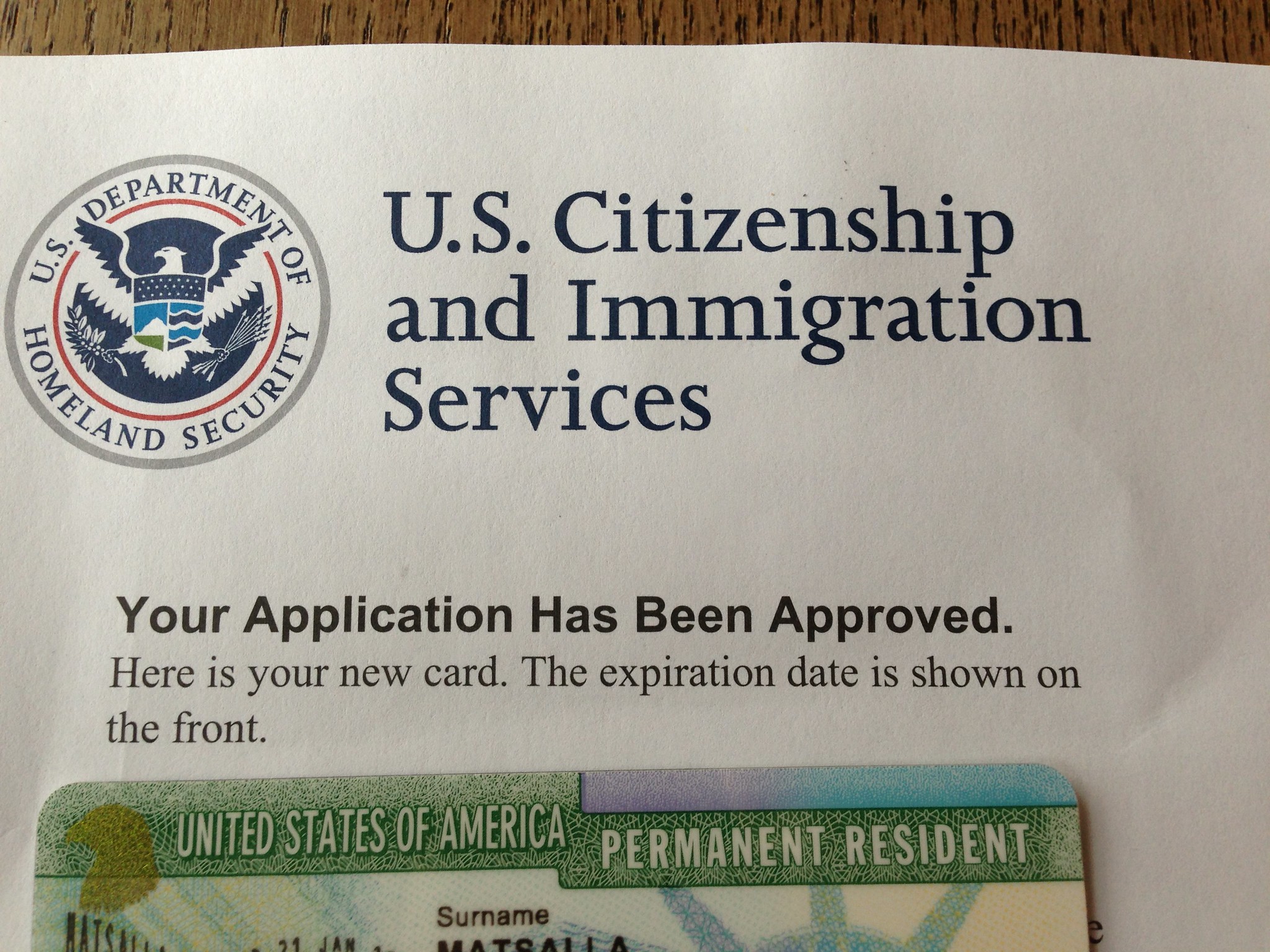Your lawyer will review your circumstances and see which path to a green card will work best for you.
The path to getting a green card in the United States can be tricky to navigate, but generally starts with a visa application. There are many options available for immigrants who wish to relocate to America, so choosing which path is best for you is the first step. You may get a work visa, have a family member sponsor you, or get a fiancé visa. An immigration lawyer can help you decide which visa option will work best for your long term goals.
Employment-Based Green Cards
If you are looking for a job opportunity in the United States, an employment visa may be the best choice for you. This type of visa is categorized by types of employment and qualifications.
The different types of employment based green cards include:
EB-1 Priority Workers
The EB-1 visa is for immigrants with extraordinary skills who have reached the top of their field. Examples include professors, researchers, multinational executives and managers.
EB-2 Advanced Degree Professionals
The EB-2 is for immigrants who hold advanced degrees or skills in the sciences, art, or in business. To qualify for this visa, you must have a job offer and a labor certification, unless you are eligible for a National Interest Waiver.
EB-3 Skilled Workers and Unskilled Workers
The EB-3 visa is for workers with at least two years of experience in their field, those who have a bachelor’s degree, or for unskilled workers seeking a permanent position. This does not include seasonal or temporary work. To qualify for this type of visa, you must have a labor certification and a permanent job offer from your employer.
EB-4 Special Immigrants
The EB-4 visa category includes a much wider group of jobseekers. Examples include religious workers, broadcasters, and employees of U.S. foreign service posts. This category has specific requirements for each type of worker that may apply.
EB-5 Immigrant Investors
The EB-5 visa category is for immigrants who want to start a new business in the United States that will create jobs for US workers.
Family-Based Green Cards
A common pathway for immigrants seeking to come to America is a family based green card. This type of green card allows lawful permanent residents and immigrants who have become citizens to sponsor their relatives.
There are two main types of family based green cards:
Immediate Relatives
This type of visa is for the closest family members of U.S. citizens, and does not have a capped limit for applicants. Examples include spouses of U.S. citizens, unmarried children under 21 of U.S. citizens, or parents of U.S. citizens older than 21. Because there is not a capped limit for this type of visa, the processing times are typically shorter than other types.
Family Preference
Family preference visas are for distant relatives of U.S. citizens, and do have a capped limit each year.
This type of visa covers:
- Unmarried children older than 21
- Spouses and unmarried children under 21 of permanent residents
- Married children of U.S. citizens
- Siblings of U.S. citizens who are older than 21
Part of the application process for a family based green card is proving your familial relationship.
Diversity Lottery Program
The Diversity Lottery Program offers an opportunity for immigrants from countries with low immigration rates to the United States to get a green card. There are a limited number of these visas offered each year by the U.S. Department of State. The applicants are chosen randomly each year until the limit has been met.
Eligibility Requirements
To participate in the Diversity Lottery Program, you must meet two main requirements. You must be from a qualifying county, which has low immigration rates with the United States. This list is updated each year. You must also have at least a high school equivalency of education, or two to five years of work experience in a field that requires two years of training.
Application Process
To apply for the program, you must submit the proper forms and other required documentation. You must submit your application during the registration period, which is typically in the fall. After you submit your form, you will receive a confirmation number, which you will use to check the status of your application.
Selection and the Next Steps
If your application is selected, you will be notified and given additional instructions on how to proceed. This will include submitting additional information, attending an interview, and getting a medical examination.
Special Immigrant Visas

Special Immigrant Visas, or SIVs, are a pathway for immigrants in unique circumstances.
Examples of SIV categories include:
- Translators/Interpreters, primarily individuals who worked with the Armed Forced in Afghanistan or Iraq.
- Individuals Employed by the U.S. Government, for individuals who are from Afghanistan or Iraq who were employed by either the U.S. government or the International Security Assistance Force.
- Religious Workers. This includes both ministers, and non-minster religious workers.
- Juvenile Immigrants who have been abandoned, abused, or neglected may be eligible for Special Immigrant Juvenile status.
If you are looking to obtain a green card to relocate to the United States, consult with an immigration lawyer. Your lawyer will review your circumstances and see which path to a green card will work best for you. He or she will also help you gather any required documents, fill out all the application forms, and prepare you for any necessary interviews. Working with an immigration lawyer will help relieve the stress of the application process.


Join the conversation!